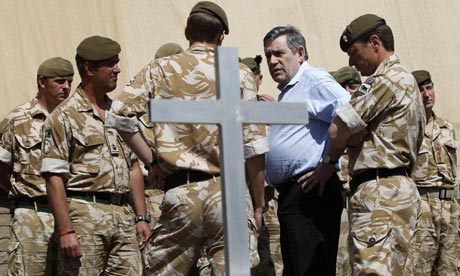Officials said Sunday's fighting began after the Taliban moved into Hezb-e-Islami territory [File: AFP]
At least 50 fighters have been killed after the Taliban clashed with a faction in northeastern Afghanistan, according to Afghan officials.
Mohammad Akbar Barakzai, the governor of Baghlan province, said that Sunday's fighting was continuing, with the fighters using heavy machine guns and rocket-propelled grenades.
Zalmai Mangal, a local police official, said the fighting appears to have resulted from a power struggle between local Taliban forces and the Hezb-e-Islami faction loyal to Gulbuddin Hekmatyar, a powerful regional commander.
Among the dead were 35 fighters from Hezb-e-Islami and 15 from the Taliban, Mangal said.
Battle for control
He said that Taliban fighters reportedly had moved into villages that traditionally were controlled by Hezb-e-Islami before the clashes began.
Officials said that the fighters were apparently battling for control of several villages where the central government has almost no presence.
Al Jazeera's James Bays, reporting from Kabul, the Afghan capital, said: "There's been fighting in the north of Afghanistan, very near the very top of the country.
"The border province is called Kunduz. In the province just below that - Baghlan - there's a battle going on. That battle is between the Taliban and the group that's normally seen as one of the Taliban's allies - Hezb-e-Islami.
"They've been involved is some fighting in this area. We had this confirmed to Al Jazeera by Hezb-e-Islami commander. They say that their Hezb-e-Islami forces were told to swear allegiance to Mullar Omar [the Taliban leader].
"They say they are allies [and that] they don't take direct orders from the Taliban. And these clashes have been under way, we understand, for more than 24 hours. Government sources are telling us that at least 50 fighters on both sides have been killed."
Violent clashes between anti-government fighters are rare, although various militias have their own agendas and power struggles are relatively common.





